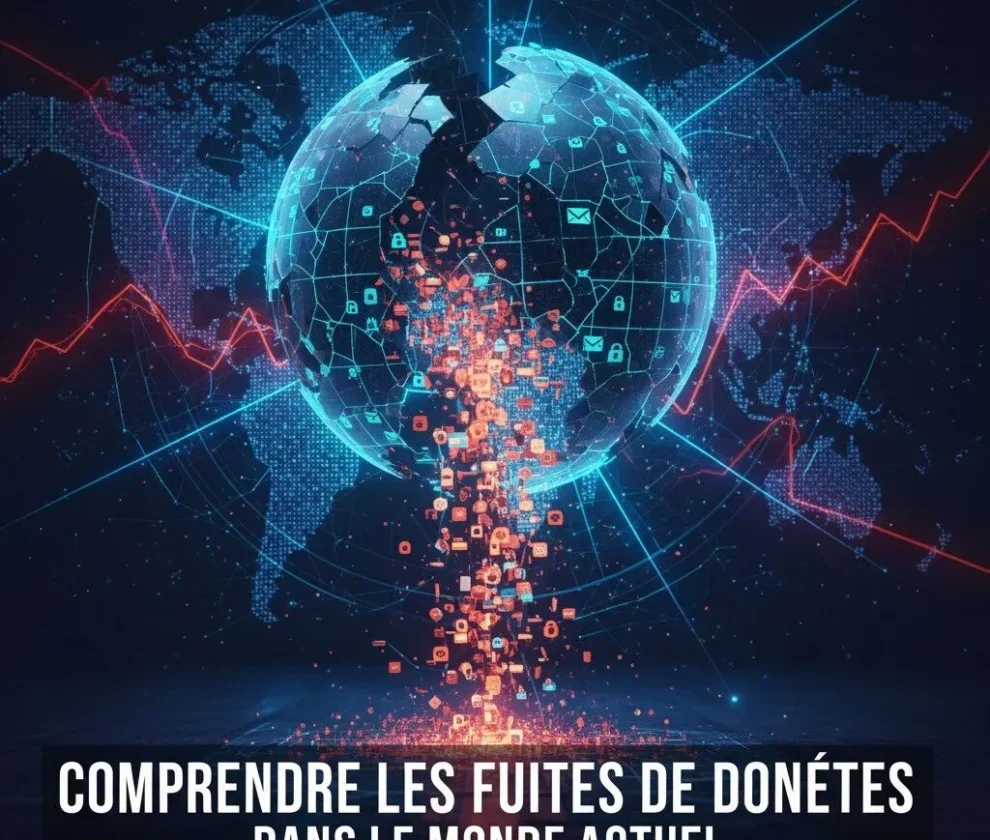Impact of AI on Young Graduates’ Employment
Introduction
Artificial Intelligence (AI) has transitioned from a futuristic concept to a transformative force reshaping the workforce. Nowhere is this more apparent than in the tech industry, where repetitive and precision-based tasks are increasingly automated. However, this surge in AI adoption is not without consequences, particularly for young graduates stepping into the job market. This article delves into how AI is altering job opportunities for young professionals, highlighting both the challenges and the potential pathways to adapt and thrive in this evolving landscape.
The Current Job Market Landscape
Recent data from the Institute of Student Employers (ISE) shows a steep decline in graduate tech job openings in the UK—a drop of 46% in one year, with a further fall of 53% projected in subsequent years. The widespread adoption of AI for tasks like basic coding, data analysis, and project management has shifted hiring priorities toward experienced professionals rather than entry-level roles.
“It is challenging for young graduates to break into the market. Companies focus on immediate needs, leaving limited opportunities for beginners.”— Stephen Isherwood, CEO of the ISE
Tech Roles Most Affected by AI
AI’s ability to handle entry-level tasks is reshaping the roles available to graduates. Core responsibilities like database management, statistical analysis, and even basic programming are now automated using advanced AI tools and chatbots. Consequently, employers are reassessing the relevance of traditional tech certifications and degrees. This leaves graduates with limited platforms to gain the practical experience required to advance to mid- or senior-level roles.
Increased Use of AI in Recruitment Processes
Interestingly, AI’s influence extends even into recruitment strategies. Companies are leveraging automated systems for gamified candidate assessments and fraud detection. However, despite these advancements, only 15% of employers fully exploit these technologies in their hiring processes. This figure indicates a cautious but growing confidence in AI-driven recruitment.
Ethical Challenges in AI Recruitment
While AI can standardize hiring decisions, it raises ethical concerns regarding fairness and transparency. Poorly supervised algorithms risk perpetuating human biases, underscoring the importance of oversight and ethical auditing during these processes.
Long-Term Impacts on Career Prospects
This reliance on AI for beginner-level roles has potential ripple effects. In a scenario where young graduates struggle to secure entry-level positions, a gap may emerge in intermediate and advanced skillsets over the next decade. With fewer professionals climbing the career ladder, companies might face significant skill shortages for high-stakes tech roles in the future.
Existing Opportunities for Graduates
Despite the obstacles, there are sectors where human creativity and initiative remain indispensable:
- Algorithm and Application Development: Solving real-world problems with bespoke AI solutions.
- Cybersecurity Consulting: A field still heavily reliant on human expertise to combat complex threats.
- Supervision of AI Systems: Ensuring that AI applications align with ethical, efficient, and regulatory standards.
Graduates who adapt by enhancing their skills in AI ethics, auditing, and systems management could position themselves as highly valuable assets in the industry.
AI: An Aid, Not a Replacement
Although AI can automate specific tasks, it is ultimately a tool designed to augment human capabilities, not replace them. Roles requiring creativity, critical thinking, empathy, and problem-solving are unlikely to be entirely supplanted by AI in the near future. For companies, the key will be balancing technology-driven efficiency with the irreplaceable capacity of human expertise and judgment.
Conclusion
In conclusion, while the rise of AI in the tech industry disrupts traditional employment models for young graduates, it also opens doors to innovation and growth. Success in this evolving job market will depend on the ability to adapt, reskill, and focus on areas where human intuition and creativity are irreplaceable.
At My Own Detective, we specialize in providing cutting-edge insights to help you navigate industry transformations. For personalized advice on developing AI strategies tailored to your needs, contact us today and let us guide you through the complexities of the modern workforce.


